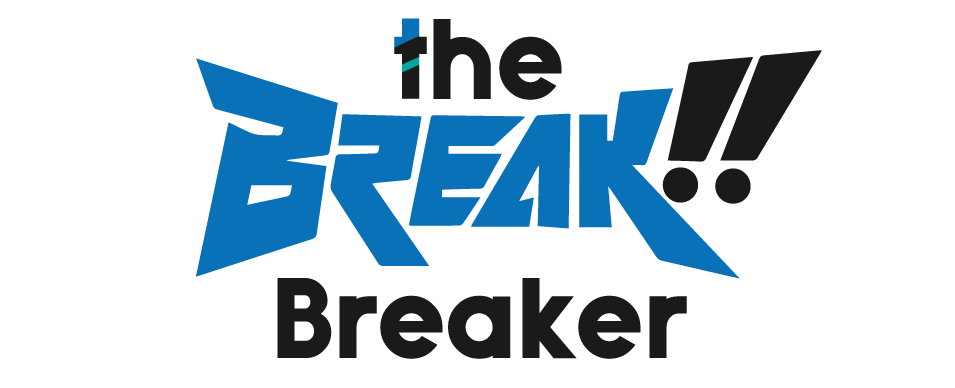
Harness the Power of Cloud Accounting for Your Business
Technology has transformed accounting and finance processes for modern companies. Cloud-based software delivered over the internet has made anytime, anywhere access to financial data a reality. Cloud accounting provides a flexible platform integrating key functions like bookkeeping, reporting, planning and analysis. Adoption continues rising as firms realize the efficiency gains. This article explores what cloud accounting entails, its workings, key benefits, considerations for implementation, and industries profiting the most from this innovation.
What is Cloud Accounting?
Cloud accounting refers to financial management applications hosted on remote servers and accessed via the web. Instead of installing software, data resides on the vendor’s infrastructure. Users can log in from any compatible device using a browser. Cloud platforms centralize accounting processes including transaction recording, invoicing, expense tracking, financial statements, and more. Data is updated and reporting facilitated in real time across the system.
How Does Cloud Accounting Work?
The vendor owns and maintains the servers and accounting software centrally. This is the technical “cloud” element. Companies subscribe to the platform, choosing from a range of pricing plans. New transactions and information flows from business locations to the cloud servers continuously. Data is aggregated and made available for monitoring and reporting through a web-based dashboard. Users can customize views and generate reports as needed. The vendor handles all infrastructure, uptime, maintenance and security aspects.
Key Benefits of Cloud Accounting
Cloud-based accounting systems offer numerous advantages over traditional on-premise software, including:
Increased Flexibility: Cloud accounting allows users to access financial data from anywhere with an internet connection, 24/7. It offers flexibility across different locations and devices, enabling remote work and on-the-go access.
Real-time Visibility: Data in cloud systems is continuously updated, providing users with the latest financial figures and real-time insights into cash flow status. This enables better decision-making based on current information.
Collaboration: Cloud accounting systems facilitate secure collaboration among authorized users. Multiple team members can simultaneously access and work on the same financial information, promoting efficiency and teamwork.
Lower Costs: Cloud accounting typically involves no significant upfront license fees. Instead, it operates on a pay-as-you-go monthly subscription model, reducing initial financial barriers for businesses.
Easy Scalability: Cloud systems are highly scalable, adapting seamlessly as the number of users or transactions grows. This scalability accommodates business expansion without the need for major system overhauls.
Enhanced Security: Cloud accounting vendors prioritize security and often incorporate robust provisions, including data backups and encryption. This helps protect sensitive financial information from cyber threats.
Newer Capabilities: Cloud platforms offer a range of modern features such as automated bank feeds, invoicing, and mobile payment options, enhancing efficiency and convenience for users.
Continuous Improvements: Vendors handle system upgrades transparently, eliminating the need for in-house system maintenance and ensuring that users always have access to the latest features and improvements.
Considerations for Implementing Cloud Accounting
Transitioning to cloud accounting requires careful planning and decision-making. Key considerations include:
Vendor Selection: Choosing the right cloud accounting vendor and pricing plan that aligns with current and future business needs is crucial.
Integration: Integrating the cloud accounting system with other business applications ensures smoother data flows and seamless processes.
Training: Adequate training for personnel is essential to ensure that users can effectively utilize the new system and adapt their accounting workflows.
Access Controls: Establishing proper access controls and data protection provisions is critical to safeguard financial data and ensure compliance.
Data Migration: Moving existing financial data securely onto the new cloud solution while maintaining data integrity is a significant task during implementation.
Process Modification: In-house processes may need to be modified to fully leverage the capabilities of cloud accounting, optimizing efficiency.
Change Management: Budgeting for change management and process reengineering costs helps ensure a smooth transition and user acceptance.
Business Continuity: Developing plans for business continuity and financial operations in case of internet unavailability or other disruptions is vital.
Industries Benefitting from Cloud Accounting
Cloud accounting solutions are versatile and suitable for various industries. Specific sectors that benefit from cloud accounting include:
Retail: Chain stores use cloud tools for centralized visibility into transactions across multiple locations.
Business Services: Project-based firms, such as marketing agencies, leverage the collaboration features of cloud accounting.
Wholesale Distribution: Distributors manage multiple inventories more effectively using cloud-based systems.
Manufacturing: Real-time reporting on production inputs helps optimize manufacturing processes.
Healthcare: Cloud accounting systems securely manage patient accounting records and expenses in the healthcare industry.
Non-profits: Volunteer-driven non-profit organizations benefit from easy access to contribution data and financial transparency offered by cloud accounting.
For most firms today, the question is not whether to use cloud accounting but how quickly to transition. With advantages around mobility, efficiency, costs and security, progressive companies are migrating to modernize their finances.




